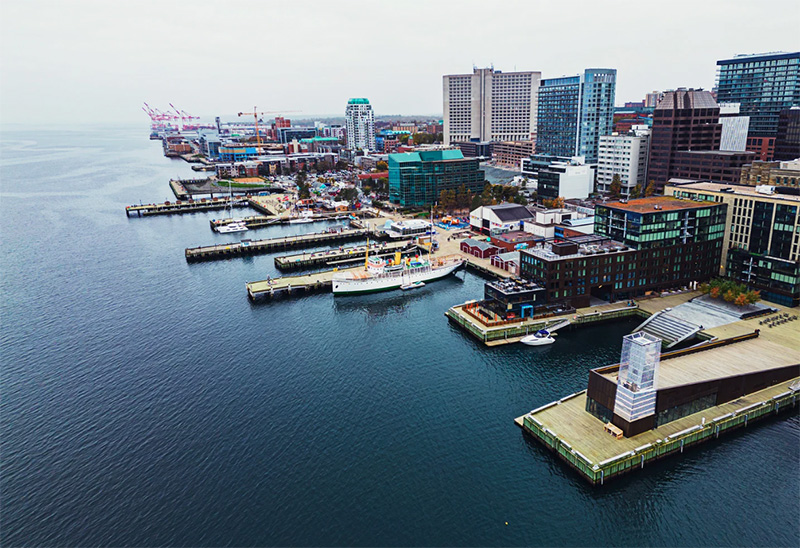
Maritime Software Security: What IT Leaders Need to Know (Before It’s Too Late)
The New Cyber Reality for Ports and Pilotage Authorities Ports and pilotage authorities aren’t just gateways for trade – they’re prime targets for cybercriminals. In
Ports continue to play a crucial role in the global economy, serving as vital hubs for trade and transportation. But like any industry, they have been forced to evolve and meet the changing, technologically-significant needs of modern maritime project management.
Automation has revolutionized port operations, making processes more streamlined and cost-effective. Environmental sustainability is also a key focus for modern ports, with many implementing eco-friendly practices to reduce their carbon footprint.
Maritime project management is becoming increasingly important in the world of ports.
It involves the planning, organization, and overseeing of projects related to port operations and maritime activities. With the rise of globalization and the need for more sophisticated port infrastructure, maritime project management is changing the game by ensuring that port projects are completed on time and within budget. It also contributes to better risk management and overall success of port initiatives.
Changes in maritime project management are streamlining operations at ports worldwide.
Enhancements in technology, such as automated systems and data analytics, are revolutionizing how ports are managed – leading to improved operational efficiency, reduced delays, and optimized resource allocation.
Additionally, eco-friendly practices, like sustainable energy usage and waste management, are becoming standard in port operations, contributing to a greener future for the industry.
Project managers in the maritime industry are increasingly relying on a range of tools and technology to streamline their operations.
Using digital tools allows for better tracking of resources, schedules, and budgets, leading to more efficient project completion.
Seaport software solutions are aiding in intricate tasks such as risk assessment, resource allocation, and communication among team members. The tools and technology available for maritime project management not only increases productivity but also enhances overall project outcomes, making it a crucial aspect of modern port development and a necessary asset in your software lineup.
Maritime project management is reshaping the future of ports in a wide range of remarkable ways.
By implementing innovative software technologies and strategies for enhanced efficiency, maritime organizations are evolving to meet the demands of the modern world.
Embracing sustainability practices and leveraging data analytics are key aspects in this transformation. The collaboration between public and private sectors plays a crucial role in driving progress and ensuring the resilience of ports amidst challenges.
In shaping the future of ports, continuous adaptation and forward-thinking approaches are essential for sustainable growth and development.
Schedule a free consultation call today to see how we can eliminate your IT headaches and ensure smooth maritime operations. Click Here to schedule now or call us at 1-833-231-6182 to get started.

Make smarter, faster decisions with a single view of your port’s operations. Nicom Maritime’s integrated dashboards connect billing, pilotage, dwell time, scheduling, and finance – giving your team real-time visibility into what’s happening across the port. No spreadsheets. No silos. Just clarity.

The New Cyber Reality for Ports and Pilotage Authorities Ports and pilotage authorities aren’t just gateways for trade – they’re prime targets for cybercriminals. In

The Power of Data-Driven Decision Making in Ports From September 16–18, port leaders from across Canada will gather in Halifax, Nova Scotia for the ACPA

Why Deployment Choices Matter in Maritime For ports and pilotage authorities, software is no longer just an operational tool – it’s critical infrastructure. From billing